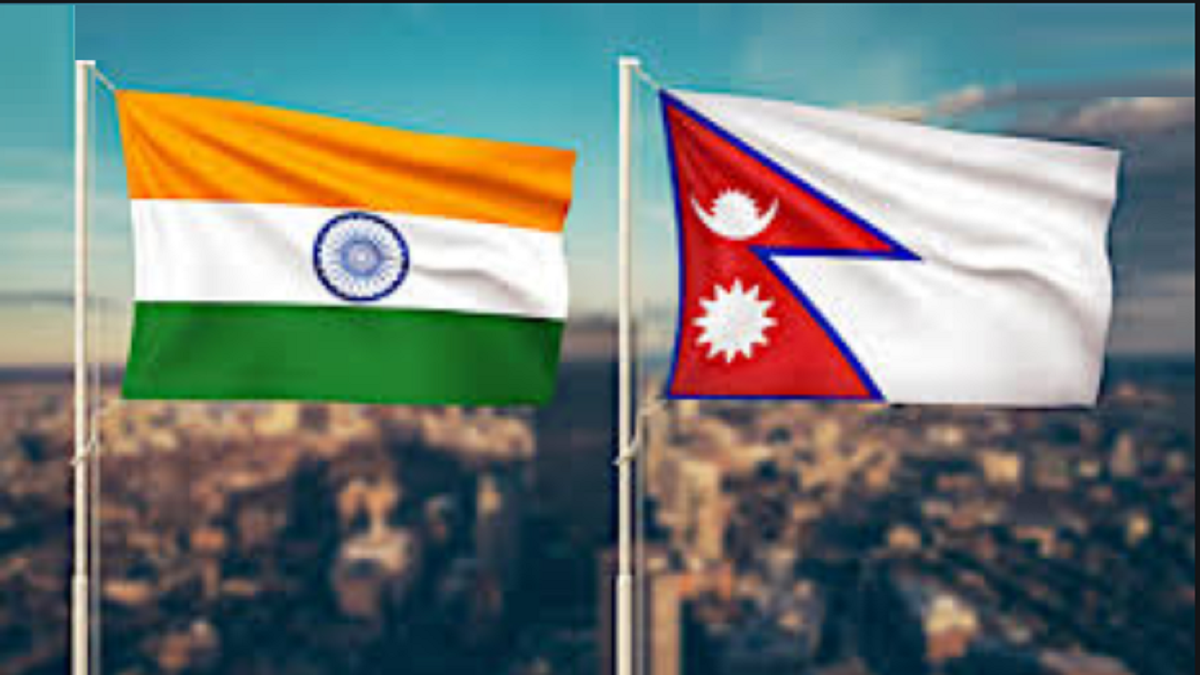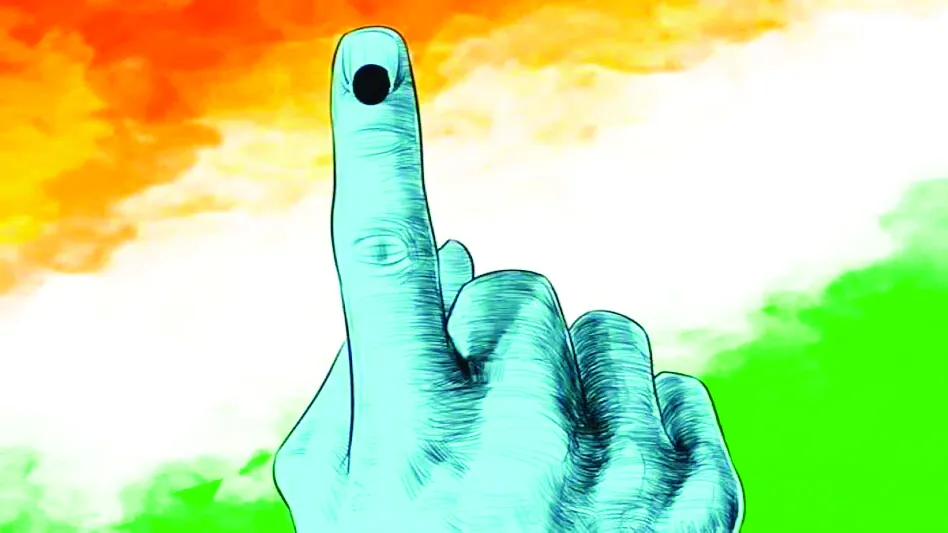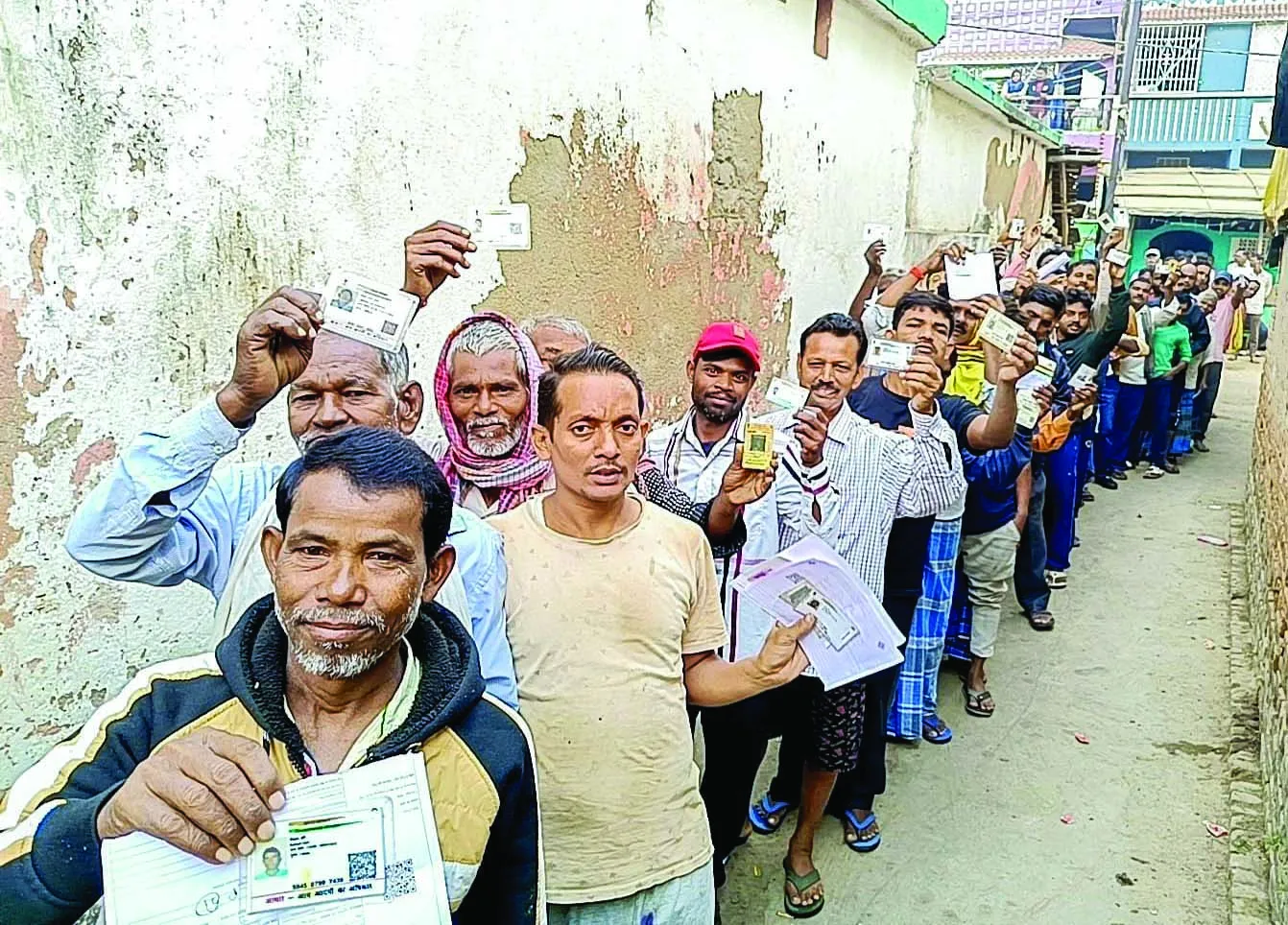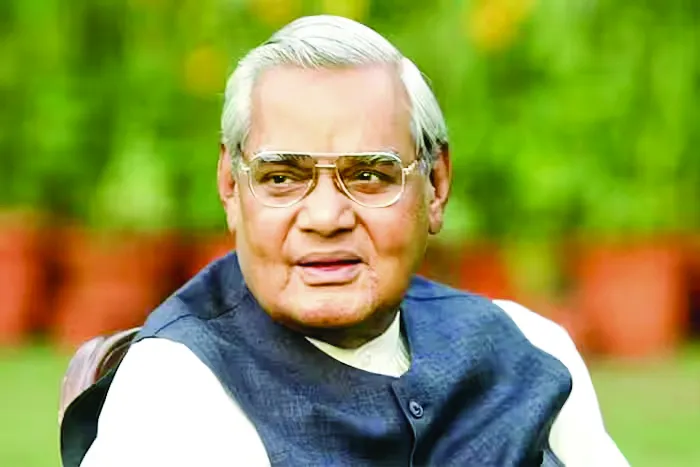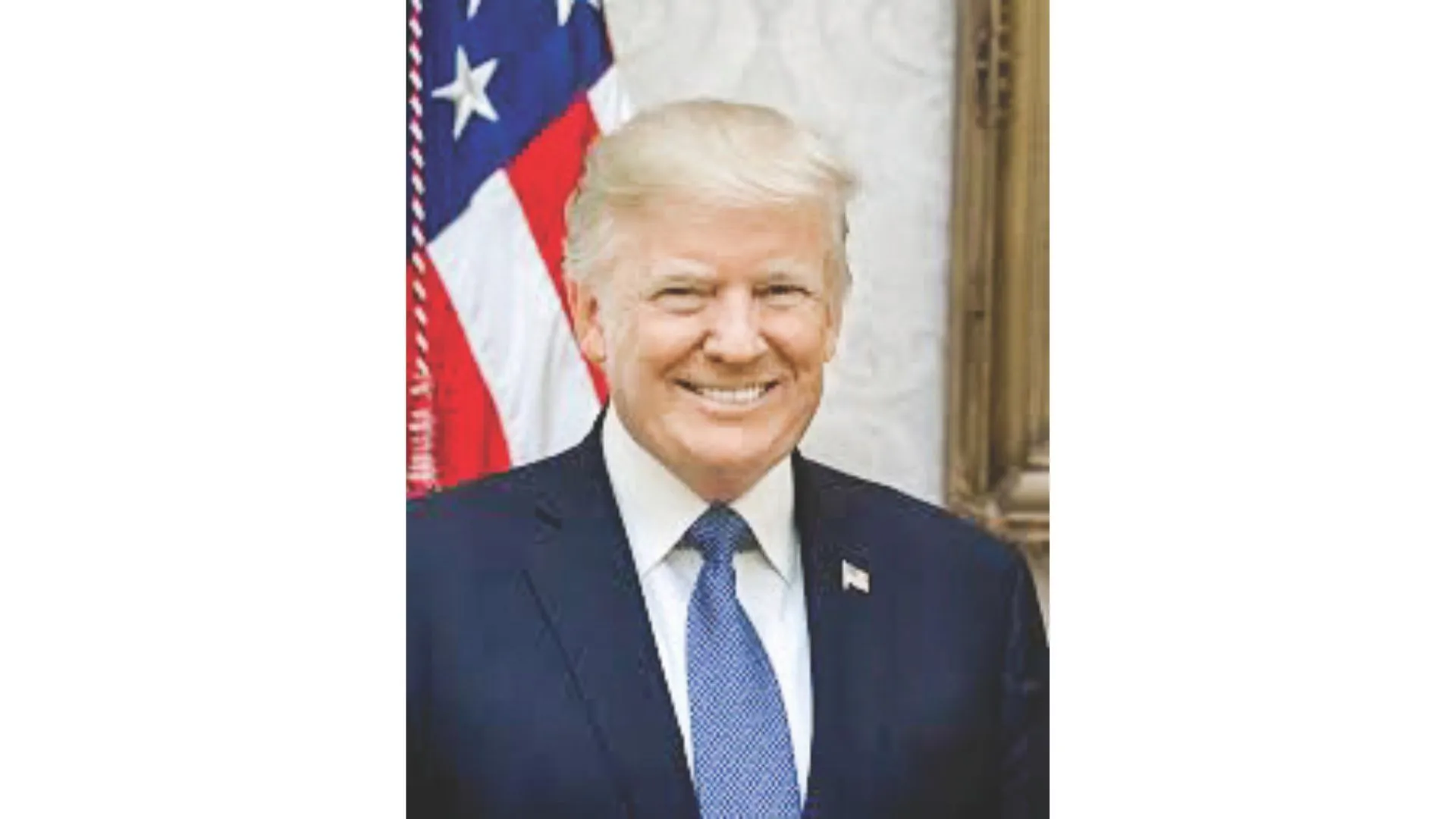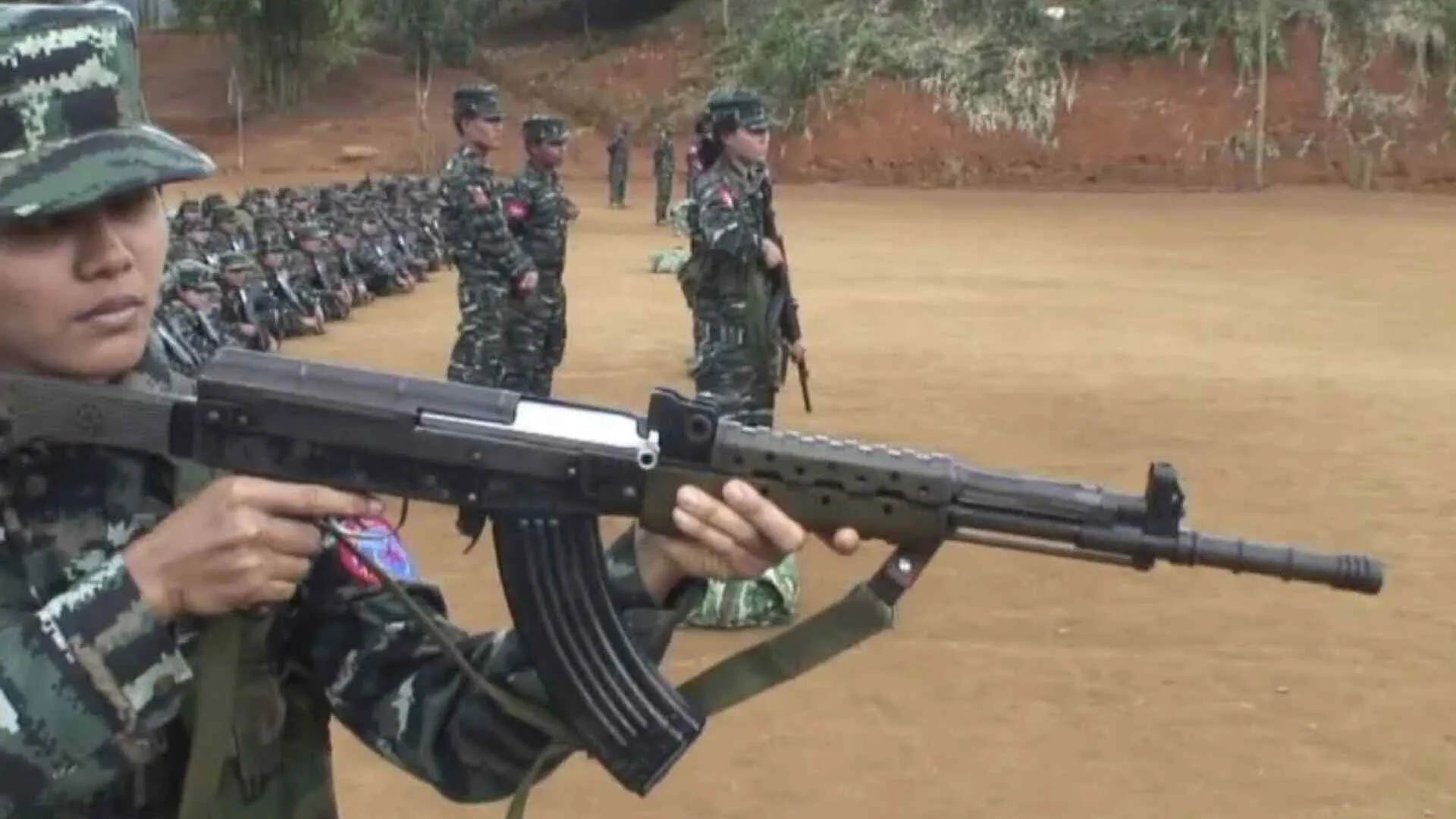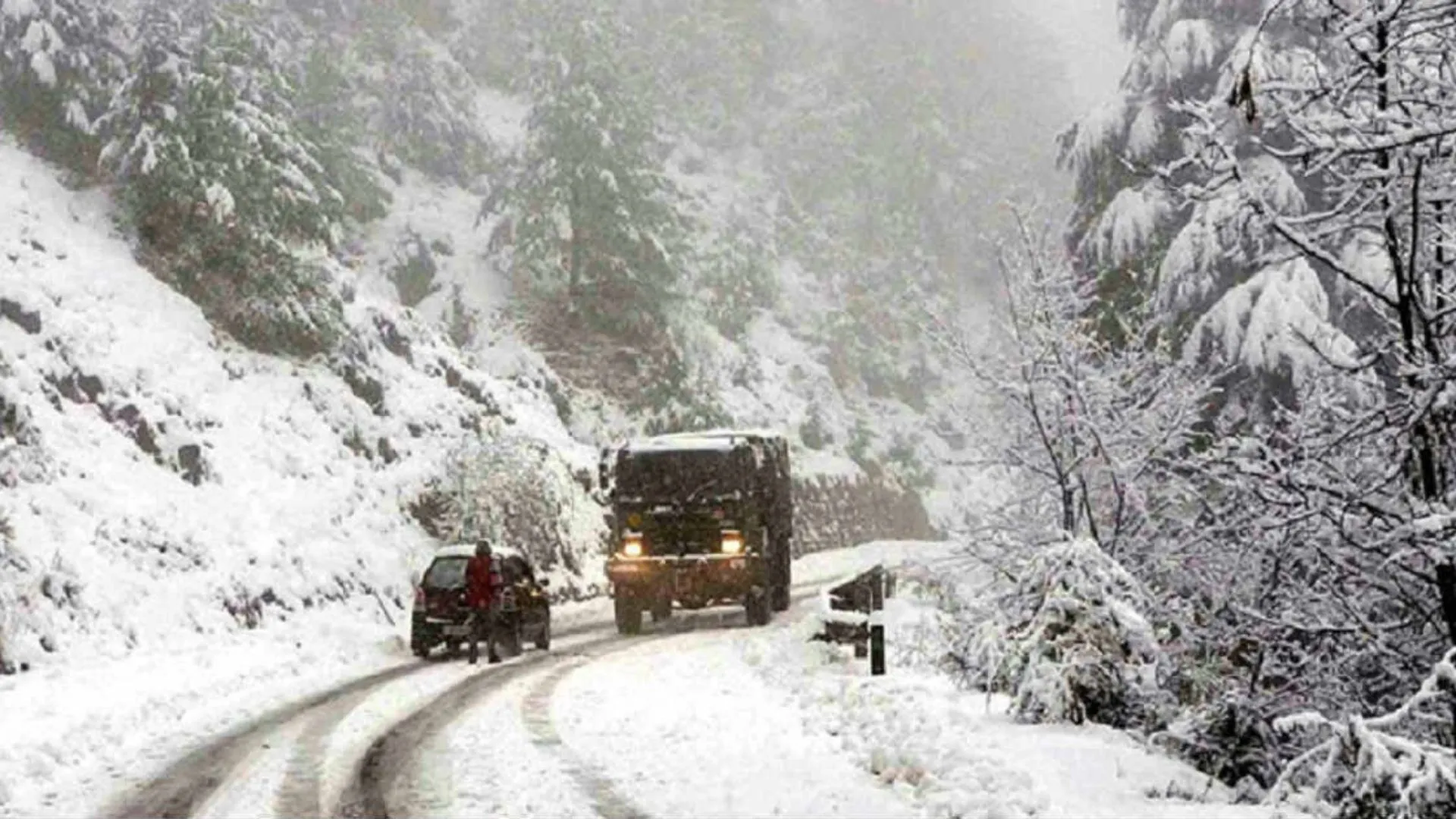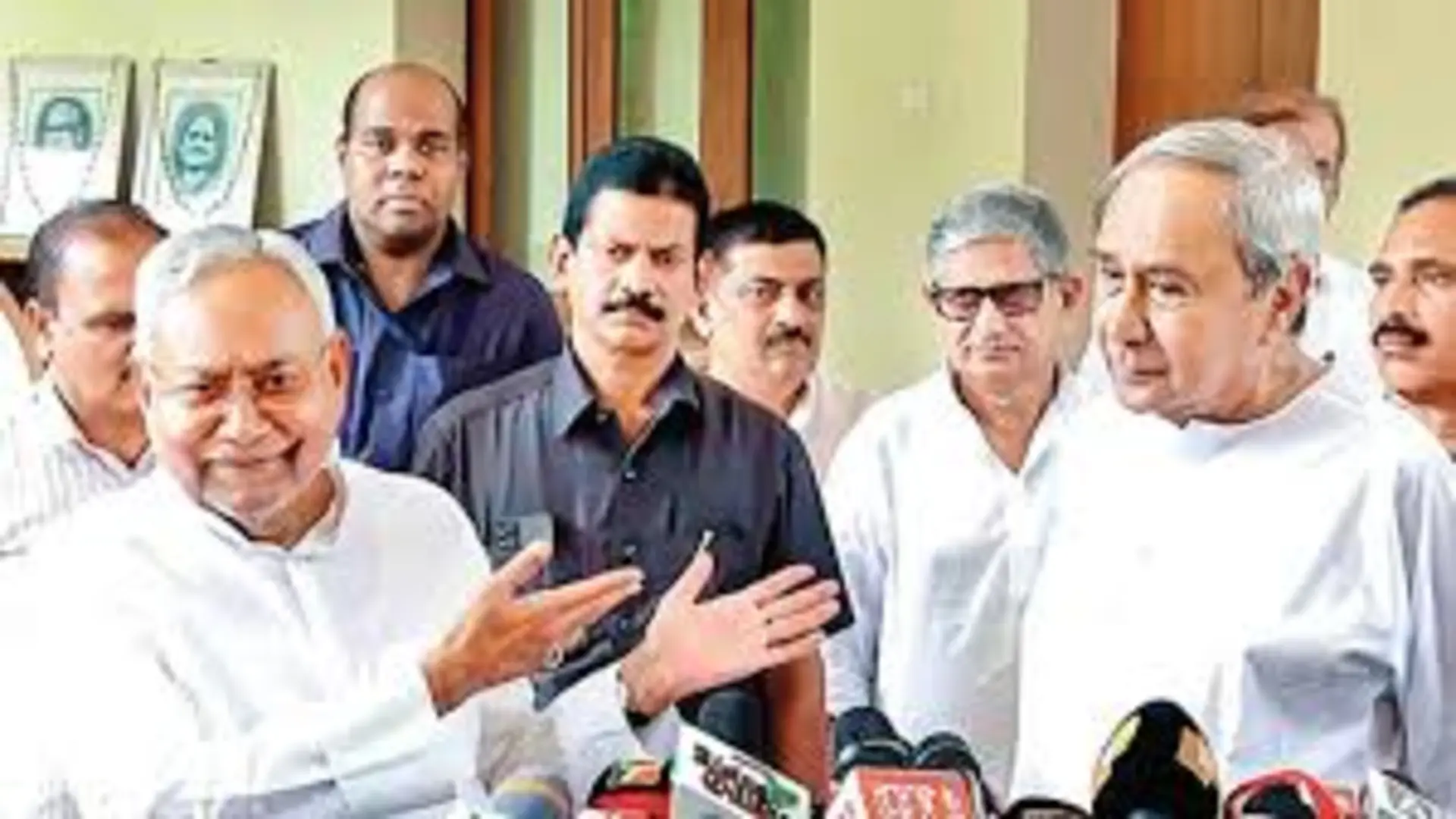Nepal and India have enjoyed extraordinary friendly relations and sound bilateral bonds based on phenomenal connections of history, religions, traditions and cultures for a long time. Because of these special entities, the relation between the two nations is comprehensive, multidimensional and pragmatic in social, cultural, political and economic engagements with each other. But now, the relations are at stakes. This situation has arisen clearly as an aftermath of the inauguration of roadways from Limpiyadhura to Kailash Mansarovar by India’s Defence Minister Rajnath Singh and subsequently Nepal updated its political map and national emblem incorporating the disputed Limpuwadura, Lipulekh and Kalapani.
The sourness between the two nations propelled Nepal Communist Party’s (NCP) government to come up with a Bill related to citizenship. Recently, on 21 June 2020, the State Affairs and Good Governance Committee passed the Constitution Amendment Bill which proposed to grant naturalised citizenship to foreign women married to Nepali men only after seven years. However, this Bill is being opposed vehemently by the Nepali Congress (NC) and People’s Social party-Nepal. This Bill is aggressively being opposed in Terai/Madhes — the southern plain area of Nepal because the residents of this area have matrimonial exchanges between Nepal and India and the proposed Bill would impact the cultural ties they have been enjoying since a long time.
The existing scenario between Nepal and India, however, could be unbelievable for many people. In retrospect, if we see the political sharing between these two nations, we can find that the Nepalese leaders have commenced the fight for democracy in India. Bishweswar Prasad Koirala, a follower of Mahatma Gandhi, was brought up in Banaras in India till the age of 14 where he attended a school established by his father Krishna Prasad Bhattari. In 1934, Koirala completed his bachelor’s degree in Economics and Politics from Banaras Hindu University. He also completed a degree in Law from the University of Calcutta in 1937. He practised Law for many years in Darjeeling. During his student life, he was involved in the Indian nationalist movement in India. In 1934 he joined the Indian National Congress. With India’s Independence imminent, he knitted a plan to bring change in Nepal and consequently in 1947 he founded the Socialist Nepali Congress, which was transferred into Nepali Congress after three years in 1950.
Nepal and India have been enjoying bilateral relations having an open border between them. From different dynamics, India is a giant country but from the angle of sovereignty, Nepal is no less. A country can’t be less sovereign on the basis of having a poor economy or population. The issue of sovereignty is the subject of ‘self-esteem’ for any nation. One more similarity that Nepal and India have is the psyche of ‘young blood’ of both sides. Nepal is witnessing a demographic diverseness and domination by population. About 40.68 percent of the total population of Nepal belongs to a young age group and we can refer to it as ‘youth bulge’. A large number of this population has pursued higher education from India, the US, UK, Australia and European countries. They know the world politics; they think about the facility of higher study to be available in Nepal.
This population thinks about Nepal’s overall development, it is serious about how to place Nepal at the global arena with its uniqueness by protecting the dignity and sovereignty of the nation. Despite all such pious aspirations, youth have a sort of frustration as well. In the changing context, first, Nepal should ponder the frustration of youths. Second, being the immediate neighbour of Nepal, India should think in this prospect to engage the Nepali youth. By saying this, the contribution of the Indian government into Nepal by providing educational scholarships and different skillbased training could not be ignored. India should talk to the Nepal government to mutually establish different institutions like IITs, IIMs where the young brain of Nepal can be engaged. By doing this both nations can transform the narrative of ‘Roti-Beti’ (bread and blood) into ‘Roji-Roti’ (employment and bread). This is the demand of the time. Why we are saying all these is because when Prime Minister Narendra Modi floats the concept of ‘new India’, he should think about the policy with neighbours and it should also be new.
Finally, both India and Nepal should hold diplomatic and high-level political dialogues. It’s a deep civilisational relationship that the two countries share. We just can’t let it fritter away due to a few issues that could easily be resolved through talks.
Abhishek Pratap Shah is a Member of Parliament (Nepali Congress) in Nepal, and Kunwar Pushpendra Pratap Singh is an expert of international relations and strategic affairs.

